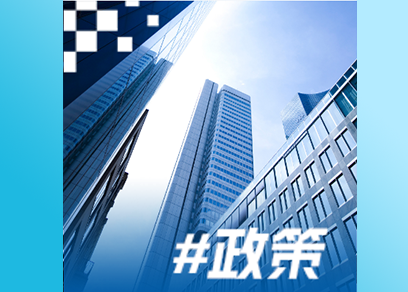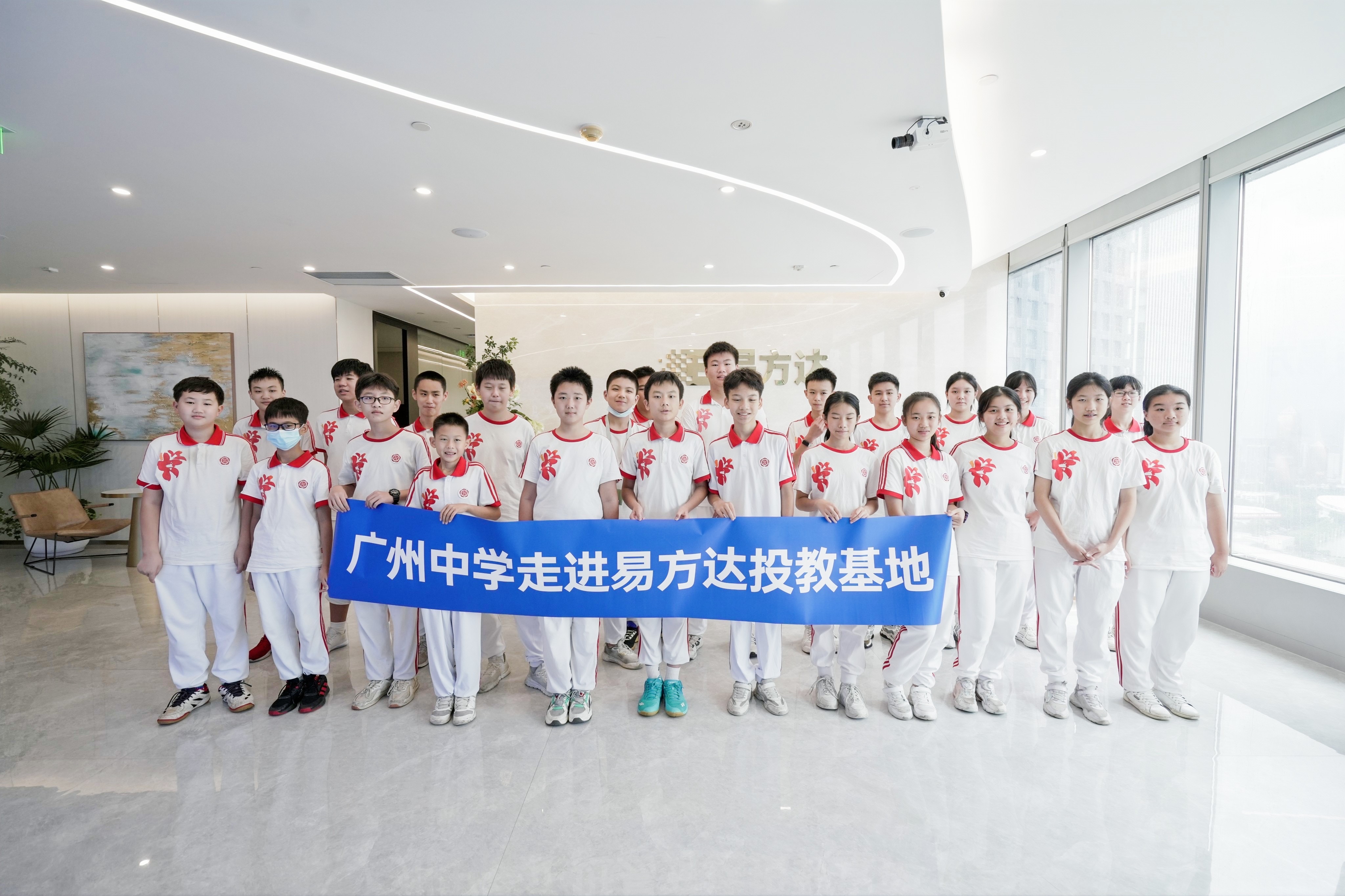In line with the national anti-pollution campaign to “make
the sky blue again”, China has introduced a series of
environmental policies in the past few years. In particular,
in response to the environmental requirements of
the International Maritime Organization (IMO), China
has begun setting up emission control areas (ECAs)
since 2016 to strictly control air pollution from ships,
complemented by a range of supporting measures to
ensure the supply of compliant low sulfur marine fuel.
Current international and national rules require ships
engaged in international voyages to use fuel oil with sulfur
content no higher than 0.50% m/m; but fuel with higher
sulfur content is permitted for those equipped with exhaust
gas cleaning systems or other devices that achieve
equivalent or better emission reduction results\.
Based on the level of sulfur content, marine residual fuels
are classified into high sulfur fuel oil (HSFO), low sulfur
fuel oil (LSFO), and ultra-low sulfur fuel oil (ULSFO).
Sulfur content in HSFO reaches 3.50% m/m or even
4.50% m/m and above; that of LSFO and ULSFO is
generally below 0.50% m/m and 0.10% m/m, respectively.
Shanghai Futures Exchange (SHFE) lists fuel oil futures
contracts for RMG 380 marine fuel with a maximum sulfur
content of 3.50% m/m. Shanghai International Energy
Exchange (INE) lists LSFO futures contracts for low sulfur
marine fuel with a maximum sulfur content of 0.50% m/m.
声明:本资料仅用于投资者教育,不构成任何投资建议。我们力求本资料信息准确可靠,但对这些信息的准确性、完整性或及时性不作保证,亦不对因使用该等信息而引发的损失承担任何责任,投资者不应以该等信息取代其独立判断或仅根据该等信息做出决策。基金有风险,投资须谨慎。















